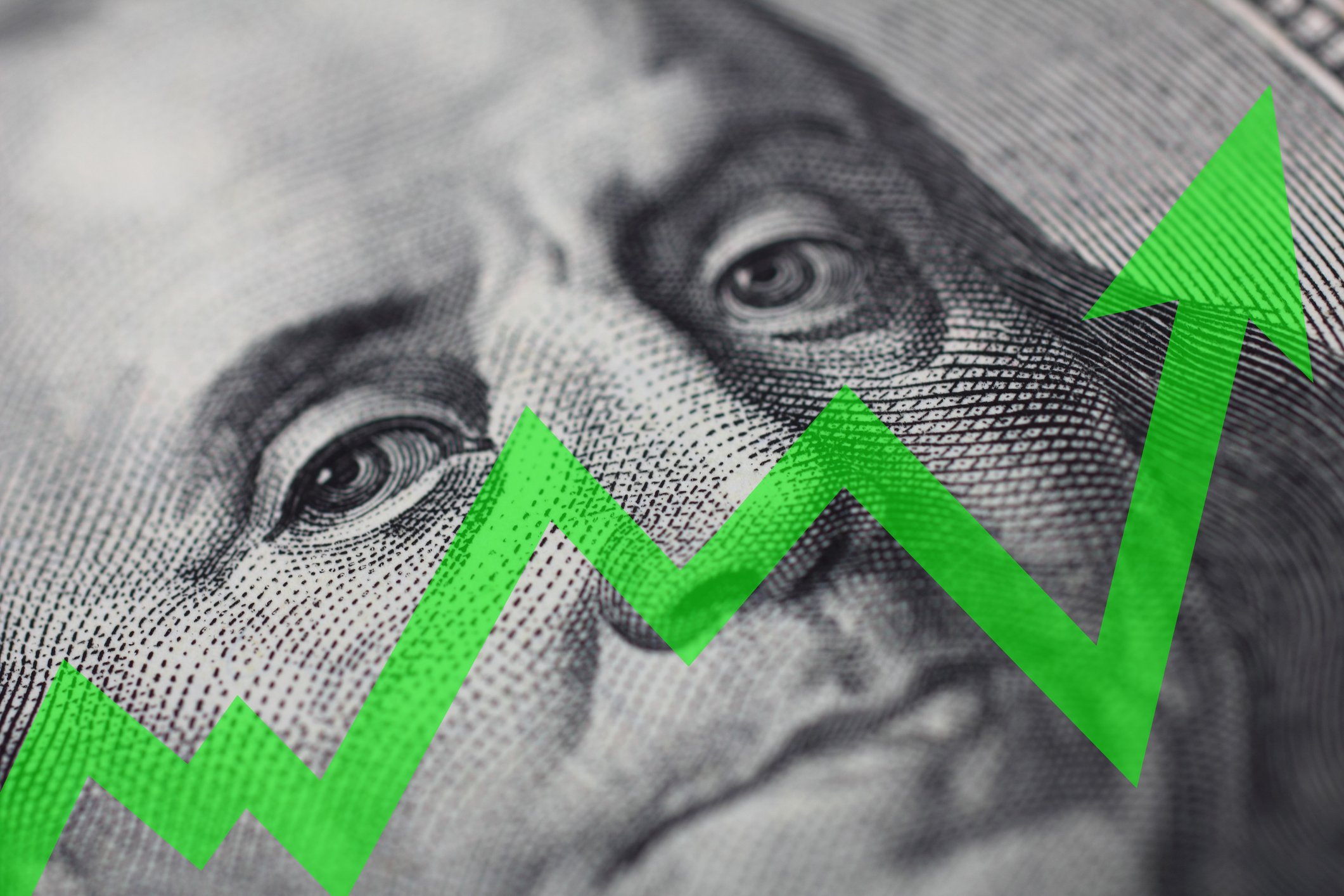On the surface, telemedicine provider Teladoc Health, Inc. (TDOC 1.21%), online retailer Amazon.com, Inc. (AMZN +0.65%), and media titan The Walt Disney Company (DIS 0.18%) don't look to have a lot in common. But they do: growth and technology. Teladoc is taking an old-world service online, Amazon is continuing to dominate numerous online domains, and Disney is building a portfolio of media assets to power its future online and off.
Here's a quick rundown of what you need to know about each of these growth stocks, as our Foolish contributors understand why you might want to take a close look at them right now.
There's a doctor in the house -- always
Keith Speights (Teladoc Health): Nearly everything today can be done remotely, from banking to shopping. Healthcare has lagged behind, though. Teladoc aims to change that.
Teladoc offers virtual healthcare services for an array of conditions, including allergies, cold and flu, skin disorders, and behavioral health issues. Patients can talk with doctors within minutes, 24 hours a day and seven days a week, via phone, internet video, or mobile app.

Image source: Getty Images.
There are other telehealth providers, but Teladoc is in a league of its own. Unlike others, Teladoc claims a global footprint with operations in North America, South America, Europe, Asia, and Australia. The company has more than 12,000 clients in over 125 countries. These clients include around 40% of the Fortune 500.
Patients rate Teladoc highly because of the convenience it offers. Payers, including insurers and employers, like Teladoc because it saves them money. One Fortune 500 employer, for example, has saved more than $1.25 million since teaming up with Teladoc in 2016.
Teladoc's revenue soared by a 75% compound annual growth rate over the past five years. The company should be able to continue growing rapidly as the adoption of telehealth increases across the world. I bought the stock when the market began to fall several weeks ago. Teladoc shares are rebounding now, but it's still a great growth stock to buy in November.
E-Commerce is still a drop in the bucket
Brian Stoffel (Amazon.com): There are concerns swirling around Amazon that we don't often hear: The company's outlook for the fourth quarter disappointed Wall Street, and many are beginning to wonder if the days of heady growth are coming to an end.
My response: That's very short-sighted. Right now, e-commerce is still a drop in the bucket in terms of U.S. retail. According to the most recent estimates from the Census Bureau, e-commerce still doesn't account for even 10% of all U.S. annual sales -- it's at 9.6%. No one has the brand name, fulfillment center network, and laser focus on customer service to match Amazon, and the company will continue to take market share.
If we take the long view -- I'm talking decades here -- we can see there's still a ton of opportunities for growth. Amazon is just starting to dominate groceries, and it has the potential to disrupt the shipping industry as well. But more likely than not, the pursuit of being Earth's most customer-centric company -- that's been Amazon's mission since Day One -- will lead Amazon to places we can't even imagine right now.
That's why I think it will be the first $2 trillion company we'll see on the markets, and why the stock's recent pullback of 20% represents an excellent entry point for investors who don't already own shares.
The mouse that roared
Reuben Gregg Brewer (Walt Disney): Disney is an entertainment juggernaut. It has a lot going on, including the pending acquisition of 21st Century Fox and a business shift that will see it increasingly focusing on its direct to consumer streaming presence. While the company's movie results mean quarter-to-quarter performance can be volatile, it has been putting up pretty good numbers recently, following a weak 2017, despite all of the activity at the corporate level.
But the real draw here is the long term. Over the past decade, Disney increased revenue from $37.8 billion to $55.1 billion. Earnings more than doubled over that span, going from $2.28 per share to $5.69. The addition of Marvel and Star Wars were big pieces of that success. The future could be equally bright.
DIS Normalized Diluted EPS (Annual) data by YCharts
Owning iconic brands such as Star Wars, Marvel, and Mickey Mouse will allow the company to exploit those names for years across its interrelated media and entertainment businesses. The Fox purchase, meanwhile, will expand the portfolio to include powerful assets such as The Simpsons and Avatar, among others. It will also bring greater control over streaming site Hulu and return control of the X-Men to Marvel. Moreover, all of the added content from Fox will help Disney fill out its direct-to-consumer products, making success with that initiative even more likely.
There's no question the Fox deal is expensive, that Disney is juggling a lot of balls today, and that Netflix and Amazon have big leads in streaming. However, Disney looks to be building the right content and distribution foundation to support another decade of strong growth in the entertainment industry.









